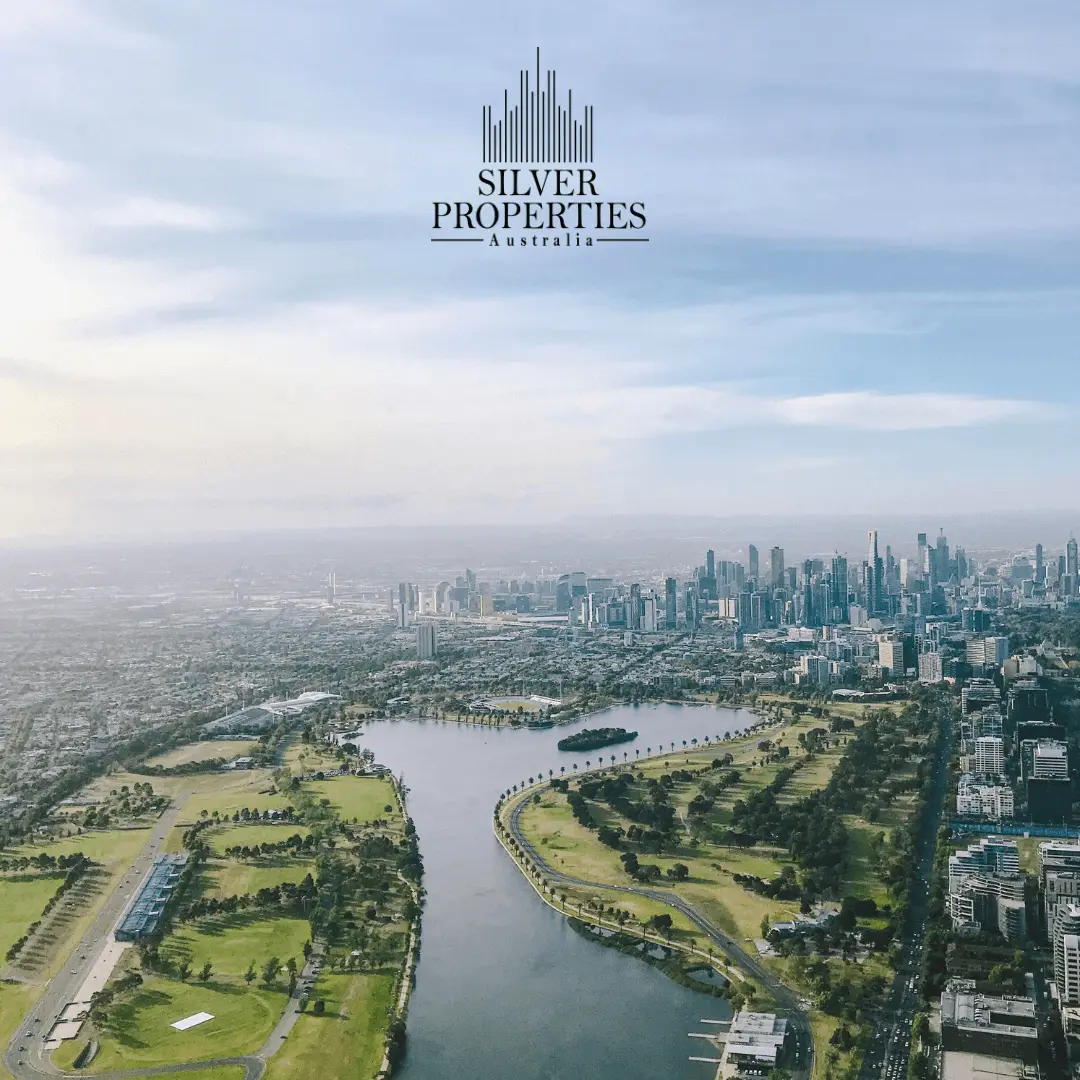Embarking on a journey in real estate investment within Melbourne can be both exhilarating and daunting. This vibrant city, known for its cultural diversity, robust economy, and dynamic real estate market, offers a wealth of opportunities for the keen investor. To navigate this landscape effectively, a well-thought-out strategy and an understanding of current market trends are indispensable. This article aims to guide prospective investors through planning their investment strategy and highlights the key aspects of Melbourne’s property market to watch.
Planning Your Melbourne Investment Strategy
Creating a successful investment strategy in Melbourne begins with setting clear, achievable goals. Whether you’re aiming for long-term capital growth, rental yield, or a combination of both, your objectives will dictate the types of properties you should consider. It’s also vital to assess your risk tolerance and investment horizon, as these factors will influence decisions regarding leverage, property type, and location.
Another crucial aspect is understanding the nuances of property financing in Australia. From interest rates to loan structures, the right financing can make a significant difference in your investment’s performance. Engaging with a financial advisor or mortgage broker who understands the real estate investment landscape can provide valuable insights and options tailored to your financial situation.
Market research is the linchpin of any robust investment strategy. Melbourne’s property market can vary significantly from one suburb to another. Factors such as local economic growth, demographic changes, and planned infrastructure developments can all impact property values and rental demand. Hence, thorough research and sometimes on-the-ground observations are necessary to identify high-potential investment areas.
Navigating Melbourne’s Property Market Trends
Understanding the current state and future projections of Melbourne’s property market is essential for timing your investment. Historically, Melbourne has experienced cycles of growth and contraction, influenced by factors such as economic conditions, population growth, and government policies. Staying abreast of these trends through reputable real estate news sources and market analysis reports can help investors make informed decisions.
One notable trend in recent years has been the rising demand for properties in Melbourne’s outer suburbs and regional areas. Driven by a desire for more spacious living environments and the feasibility of remote work, this shift has opened new opportunities for investors. Properties in these areas often offer better affordability and the potential for substantial capital growth as these communities develop.
Investing in properties with potential for value-adding through renovations or redevelopment is another strategic approach in Melbourne’s competitive market. However, this requires a keen eye for undervalued properties and an understanding of what improvements will genuinely increase a property’s market value and rental appeal. Networking with local real estate professionals and attending property investment seminars can provide valuable insights and opportunities in this area.
Starting your real estate investment journey in Melbourne requires careful planning and a strategic approach. By setting clear goals, understanding financing options, and conducting thorough market research, investors can position themselves for success. Keeping an eye on Melbourne’s evolving property market trends, including demographic shifts and preferences for suburban living, further enables investors to make timely and informed decisions. With dedication and the right strategy, the Melbourne property market offers promising opportunities for growth and income generation.
Key Takeaways:
- Setting clear investment goals and understanding your risk tolerance are crucial first steps.
- Financing options and market research are vital components of a robust investment strategy.
- Melbourne’s property market trends, including the shift towards suburban living and the potential for value-adding, are key considerations for investors.
- Professional advice and networking can enhance your investment strategy and market understanding.
FAQs:
-
Is Melbourne a good city for real estate investment?
Yes, Melbourne is considered a strong market for real estate investment due to its vibrant economy, population growth, and dynamic property market. -
What types of properties are best for investment in Melbourne?
This depends on your investment goals; however, residential properties in high-demand areas and properties with potential for value-adding are often considered good investments. -
How important is location when investing in Melbourne real estate?
Location is crucial. Factors like proximity to amenities, public transport, and the overall appeal of the neighborhood significantly affect property values and rental demand. -
Should I invest in CBD properties or suburban areas?
Your investment strategy and goals should guide this decision. CBD properties often offer high rental yields, while suburban properties might provide better capital growth prospects. -
How can I finance my real estate investment in Melbourne?
Various financing options are available, including traditional bank loans, mortgage brokers, and potentially, private lenders. It’s best to consult with a financial advisor to find the right option for you. -
What are the risks of real estate investment in Melbourne?
Like all investments, real estate comes with risks, including market fluctuations, rental vacancies, and unexpected maintenance costs. Thorough research and a well-considered strategy can help mitigate these risks. -
How do I begin my property market research in Melbourne?
Start with online real estate platforms, government reports, and real estate market analysis. Also, attending seminars and networking with industry professionals can provide deeper insights. -
Can I invest in Melbourne real estate as a non-resident?
Yes, but certain restrictions and additional fees may apply. It’s advisable to consult with a real estate attorney or investment advisor familiar with Australian property laws for non-residents. -
What is the potential for rental yield vs. capital growth in Melbourne?
This varies by area and property type. Suburbs with high demand and limited supply tend to offer strong capital growth, while properties closer to the city might offer better rental yields. -
How do I find undervalued properties in Melbourne?
Extensive market research, attending auctions, and building relationships with real estate agents can uncover properties with below-market value and high investment potential.


Leave a Reply